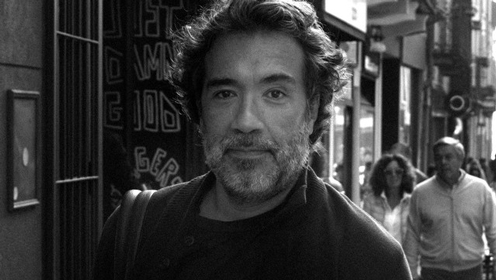AIDS, Queer Art and Underground Counter Cultures in Post-Dictatorial Argentina and Chile

Research seminar with Rodrigo Cañete (University of Warwick/University of Giessen).
In the midst of the AIDS crisis in the 1980s and early 1990s, a group of artists in Argentina and Chile reclaimed for aesthetics the socially transformative power which had been lost during the 1960s and 1970s when the form was perceived as an elitist detachment from historical political commitments. Walter 'Batato' Barea, Liliana Maresca, Omar Schiliro, Feliciano Centurión, Pedro Lemebel and Francisco Casas used the formal tools of photography, performance, assemblage and video art to create embodied aesthetic encounters where the perception of the viewers was transformed. The lecture proposes a new critical framework to approach these artists as a group that used form and aesthetics for politically engaging a society that refused to acknowledge difference and the desolation caused by AIDS.
Rodrigo Cañete is a former Under-Secretary of State for Culture of Argentina and holds an MPhil in the History of Art from the Courtauld Institute of Art and an MSc in Social Psychology from the London School of Economics. Currently a PhD fellow of the School of Modern Languages at Warwick University and member of the European PhD network "Literary and Cultural Studies".
Map of South Campus
View directions.
View on map of the Faculty of Humanities - South Campus.
View map of South Campus (pdf).
